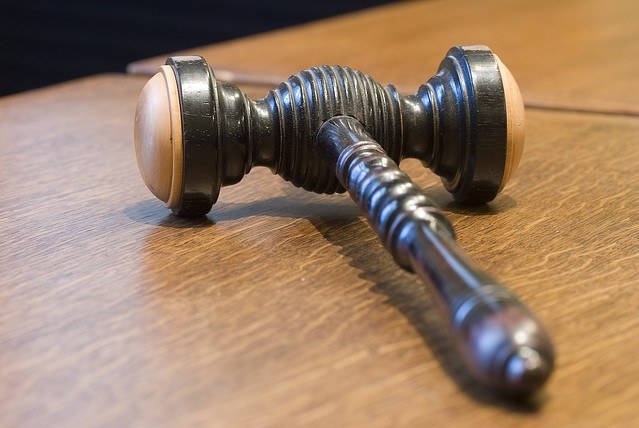Instruction
1
Before visiting bailiffs are required to send you a decision, which will indicate the maturity of the debt. For the time remaining before a forced foreclosure, you can pay the creditor or file a petition in the court for deferment of payment or payment by installments. If you follow the schedule of payments, the creditor won't bother you anymore.
2
If at the expiration of the specified period, the debt is not paid and installment, wait for the visit of the bailiffs. First check their identities and the existence of a court order of recovery. The bailiffs don't come on their own initiative. Their visit is the result of the hearing. Keep in mind that all kinds of collection agencies have nothing to do with the state bailiff service.
3
According to the Federal Law "On enforcement proceedings" bailiffs have the right to visit in the interval 6 to 22 hours. People, who had that night, you have every right not to open the door.
4
Be polite, and the bailiffs are just doing their job. Normally, they behave quite correctly. However, if you think that the representatives of the law speak in an inappropriate tone, you can safely point them to this or report them in writing to the immediate supervisor.
5
Don't try to hide from the bailiffs or ignore their arrival, not unlocking the door. Not found at the place of residence of the debtor may be declared wanted. With the written permission of the senior police officer may opening of the doors – it's better not to bring.
6
If the apartment is property not owned by you, prepare the documents proving this warranty certificate for equipment signed receipt or loan agreement to name of the owner. Bailiffs cannot seize your personal belongings and Essentials. Usually they are interested in consumer electronics, computers and, of course, the car.
7
The seizure of property should be present witnesses, e.g., neighbors. Their absence is a gross violation of the law, whereby the actions of the bailiffs may be challenged in court. Witnesses cannot be relatives of the debtor, claimants, or creditors.












